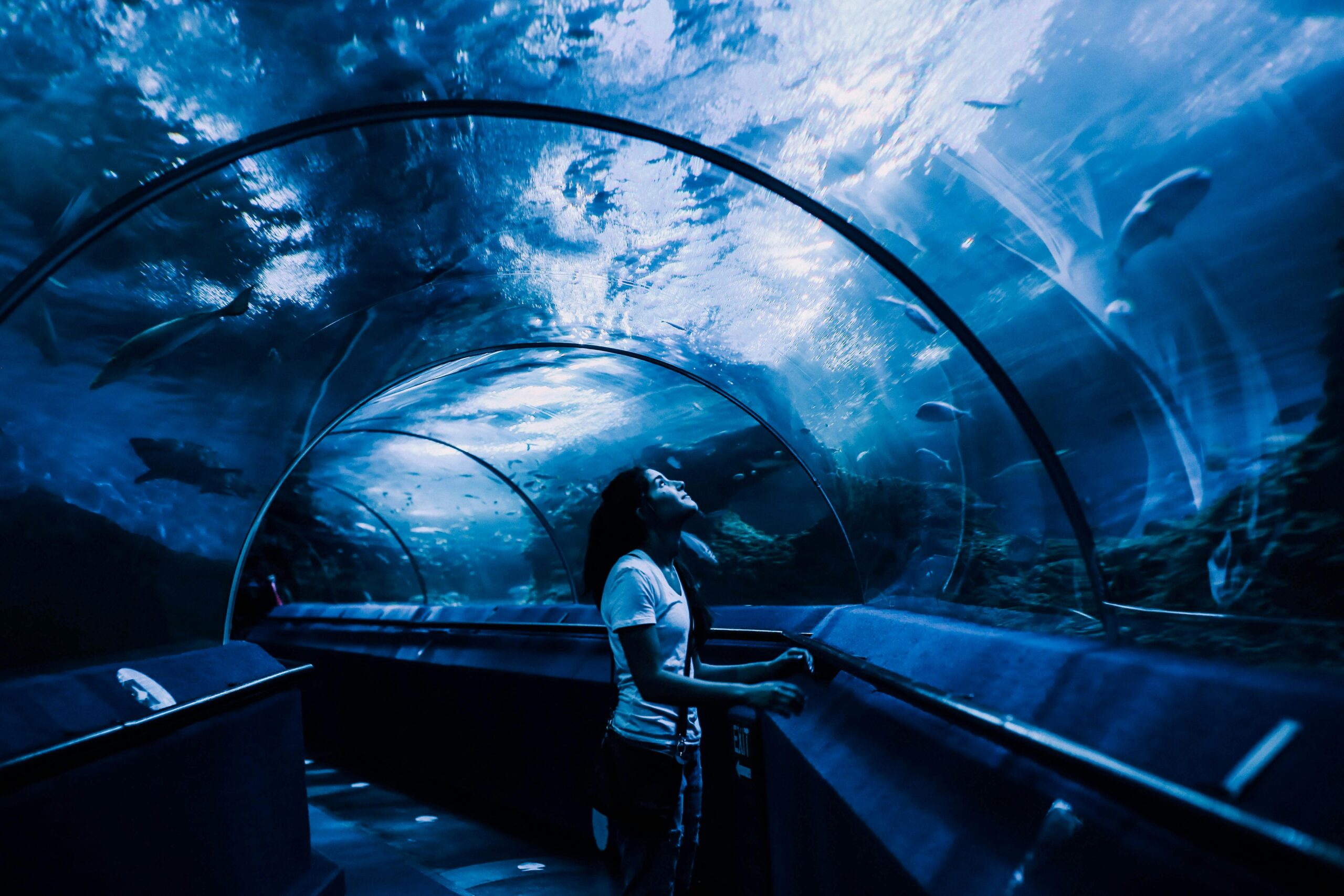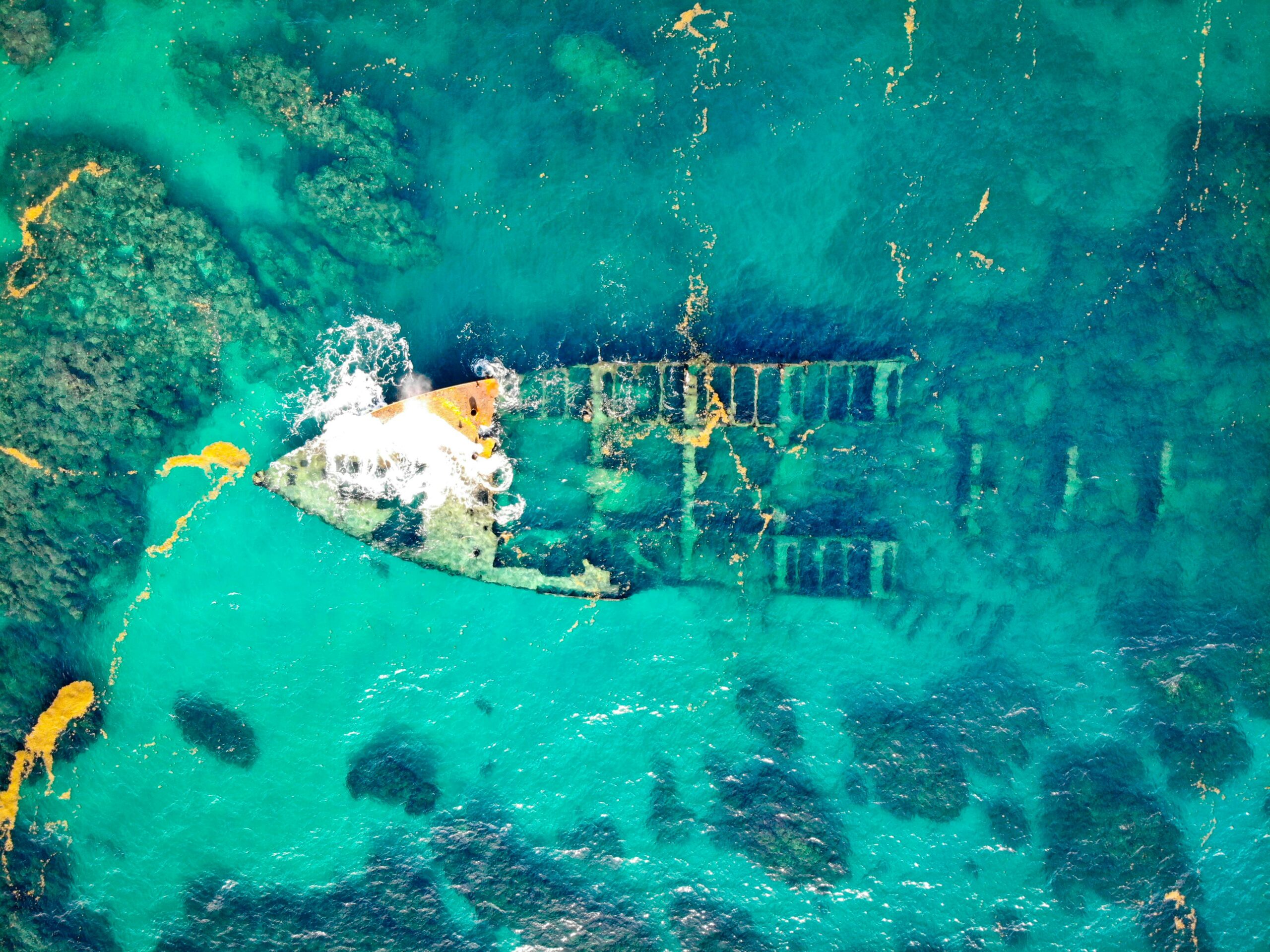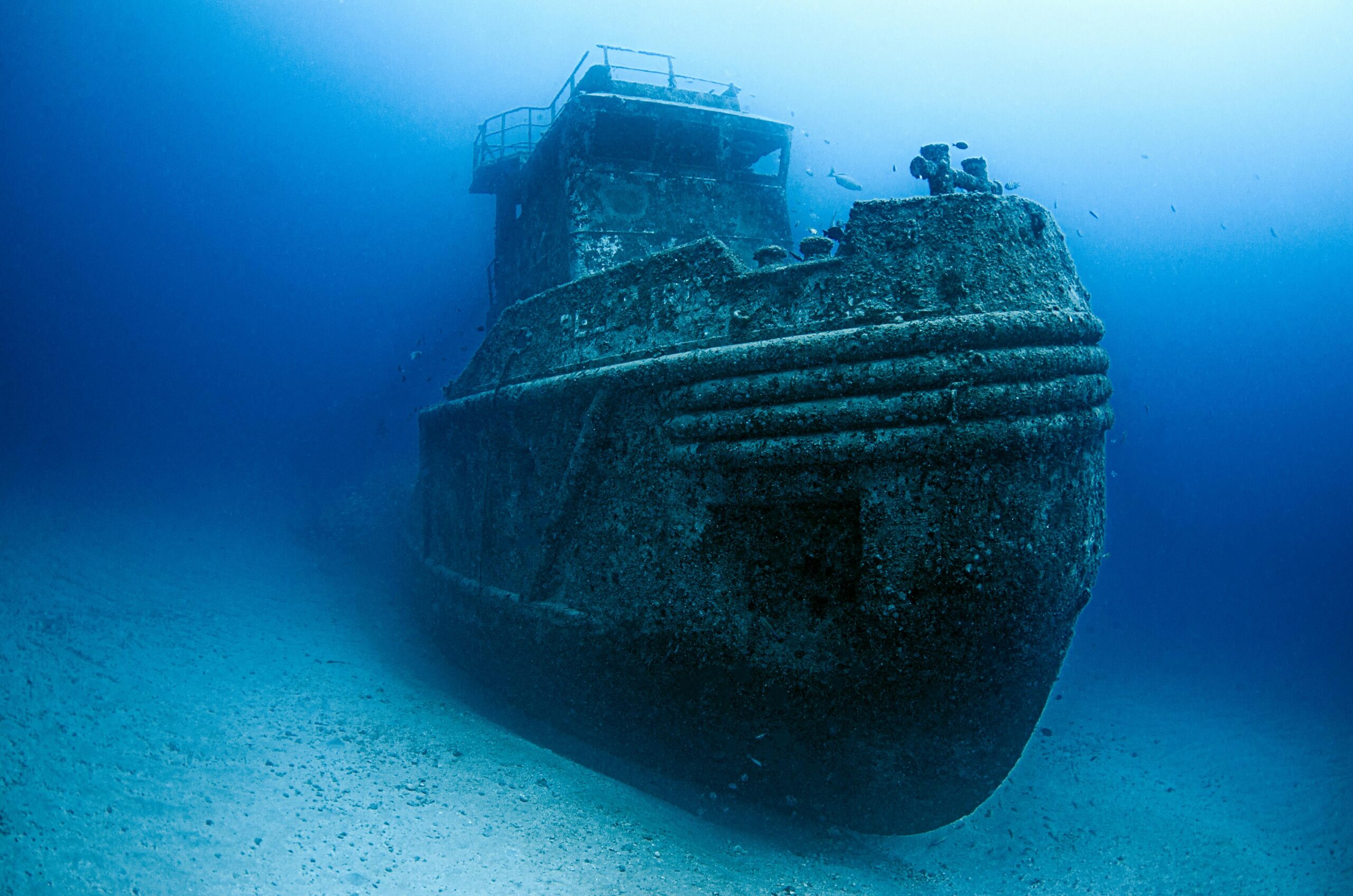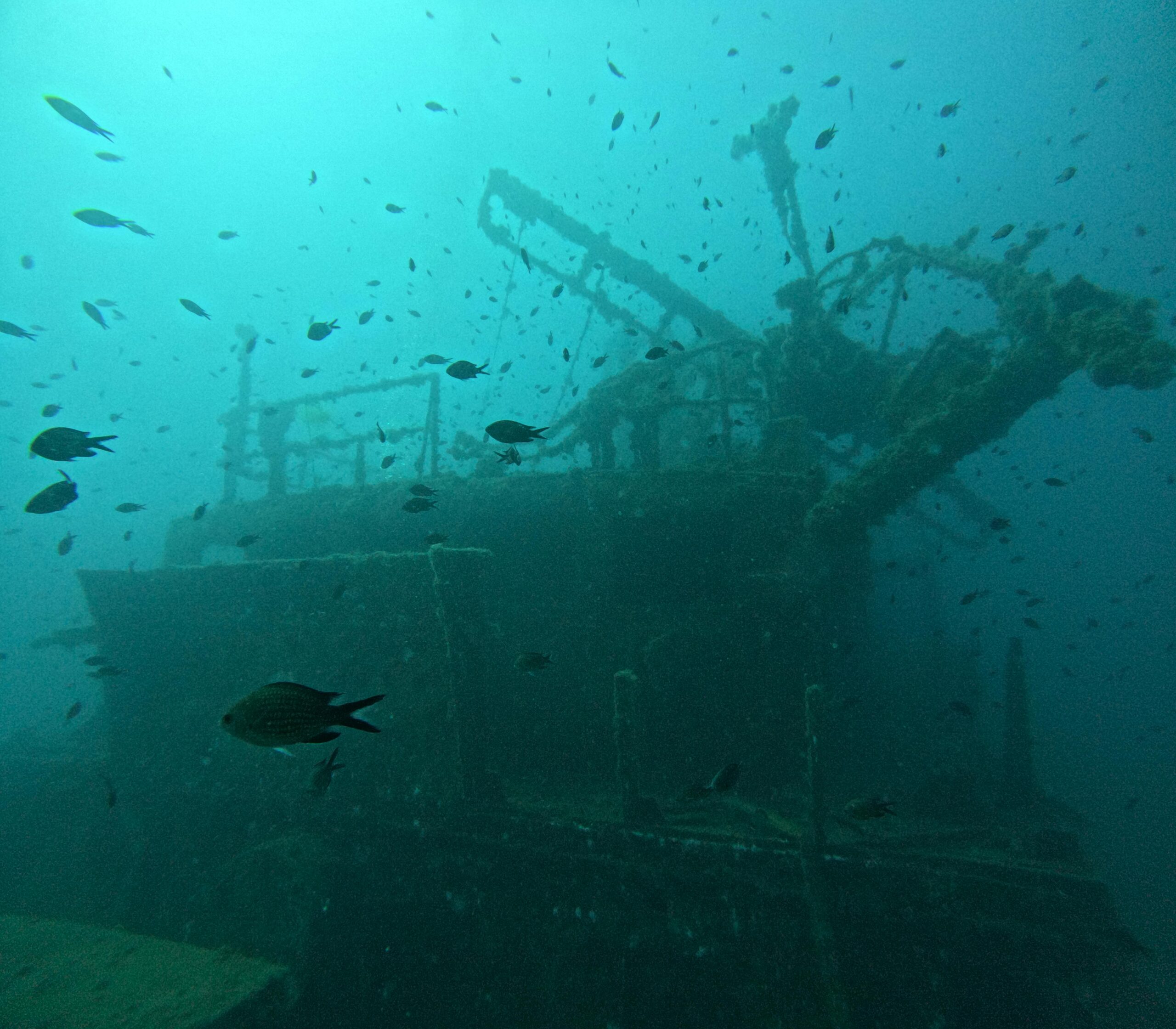In the vast tapestry of human history, few tales capture the imagination quite like that of Atlantis. A legendary island described by the ancient philosopher Plato, Atlantis has intrigued scholars, adventurers, and dreamers for centuries. The enigma of its existence and subsequent disappearance continues to fuel debates and inspire countless expeditions and theories. Could this be more than just a myth? What truths lie hidden beneath the waves of time? 🌊
In this article, we embark on an exciting journey into the realm of geocultural memory, where history, myth, and the natural world converge. The Atlantis hypothesis offers a fascinating lens through which to explore how cultures across the globe remember and interpret their pasts. By examining the intersection of geology, archaeology, and cultural studies, we aim to unlock the secrets that have kept Atlantis shrouded in mystery for millennia.
Our exploration begins with an investigation into Plato’s original account. His writings in “Timaeus” and “Critias” provide the foundational text for the Atlantis narrative. Here, we’ll delve into the details of his description, examining the geographical, political, and cultural attributes of this fabled land. How did Plato’s world shape his narrative, and what might he have been trying to communicate through this allegory? Understanding the context of these texts is essential to untangling the myth from possible reality.
Next, we’ll delve into the geological theories that have emerged over time. From the volcanic eruption on the island of Thera to shifting tectonic plates, numerous hypotheses have been proposed to explain how Atlantis might have physically existed and subsequently vanished. 🌋 We’ll explore how advances in geological science have shed new light on these theories, challenging previous assumptions and opening new avenues for exploration.
But the story of Atlantis is not solely about lost lands and sunken continents. It’s also a narrative deeply embedded in the cultural memory of numerous societies. We’ll explore how different civilizations, from the ancient Egyptians to the native peoples of the Americas, have stories of great floods and lost civilizations. These narratives offer a rich tapestry of human experience, hinting at a shared memory of catastrophic events that might have inspired the Atlantis myth.
Furthermore, we’ll investigate the role of archaeology in the search for Atlantis. Modern archaeological methods, including underwater excavations and satellite imaging, have expanded our understanding of ancient civilizations and their capabilities. Could these tools finally lead us to the remnants of Atlantis, or are they revealing something even more profound about our collective past?
As we navigate through these topics, we will also consider the cultural impact of Atlantis in modern times. From literature to film, this legendary city has inspired countless interpretations and adaptations. What does our continued fascination with Atlantis say about us, and how does it reflect our understanding of history, myth, and identity? 🎥
Finally, we’ll address the skeptics and the believers. The debate over Atlantis is not just about proving its existence; it’s a discussion about the nature of evidence, belief, and the human penchant for wonder. We’ll examine the arguments on both sides, considering the implications of each perspective for our understanding of history and culture.
Join us as we unlock the mysteries of geocultural memory and explore the Atlantis hypothesis. Whether you’re a seasoned historian, a passionate geologist, or simply a curious reader, there’s something in this tale of lost worlds and enduring legends that will capture your imagination. Let’s dive into the depths of history and myth to uncover the truths that lie hidden beneath the surface. 🌍
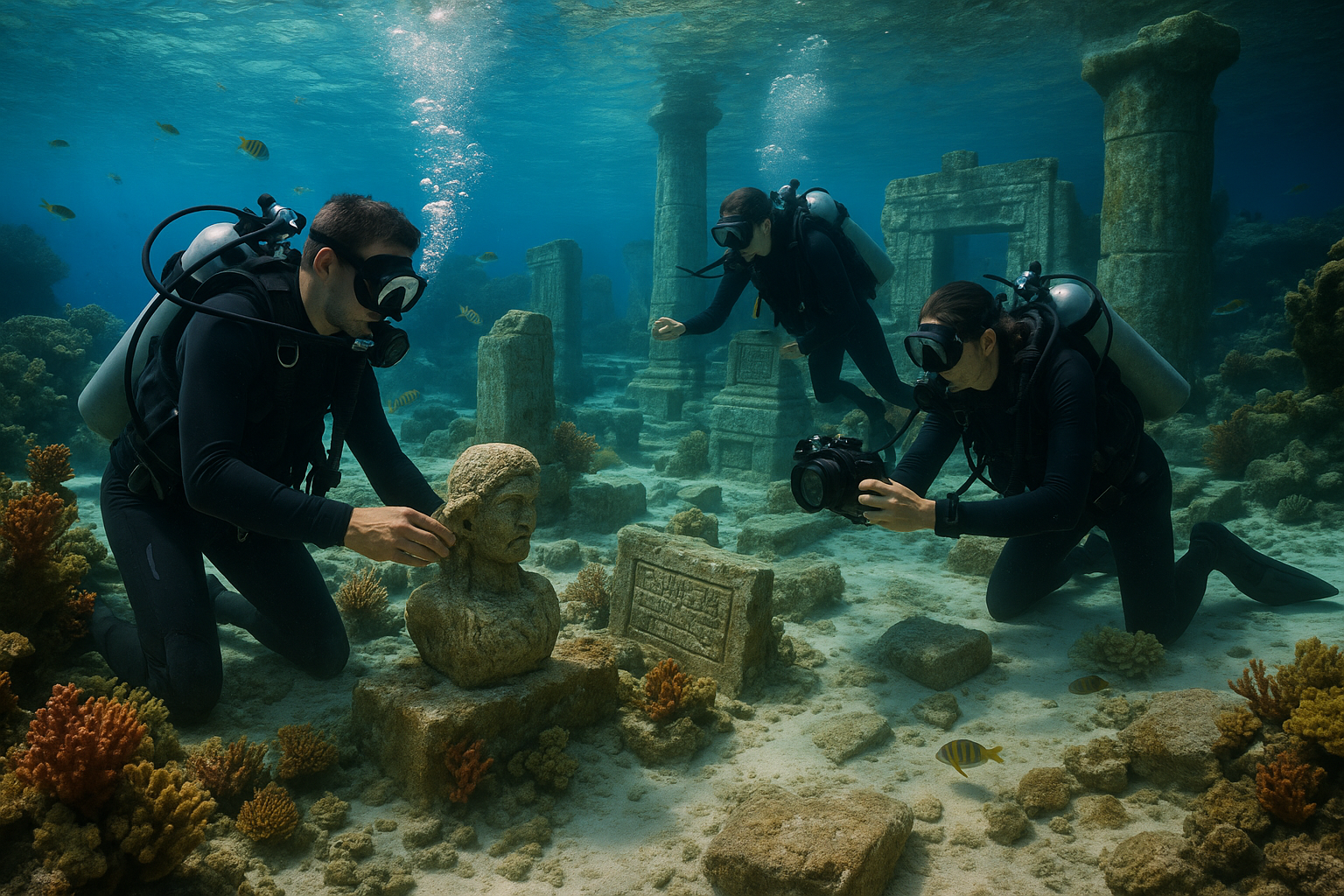
Conclusion: Unlocking the Mysteries of Geocultural Memory
In this exploration of the Atlantis hypothesis, we’ve traversed a fascinating landscape of myth, history, and science. From the philosophical musings of Plato to modern geological and archaeological investigations, the allure of Atlantis remains as potent as ever. 🌊
Initially, we delved into the origins of the Atlantis story, rooted in Plato’s dialogues “Timaeus” and “Critias.” These ancient texts serve as the cornerstone of the Atlantis narrative, providing a complex tapestry of allegory and potential historical fact. Plato’s vivid descriptions of a powerful, advanced civilization and its subsequent downfall have captured the human imagination for millennia, inviting both skepticism and intrigue.
As we moved forward, we examined various interpretations and hypotheses surrounding Atlantis, ranging from the plausible to the fantastical. Theories suggesting that Atlantis could have been a real geographical location, such as the Minoan civilization on Crete or the sunken landmass near the Azores, offer tantalizing possibilities that blur the lines between myth and history. 🌍
Moreover, we considered the psychological and cultural impacts of the Atlantis narrative. Its enduring legacy speaks to a universal human desire to explore and understand our past, as well as to learn from it. The Atlantis story, whether true or not, serves as a potent symbol of hubris, environmental catastrophe, and societal collapse—lessons that resonate profoundly in today’s world. 🚀
Science and technology have provided new tools for investigating the Atlantis hypothesis. Advances in underwater archaeology, satellite imagery, and geophysical surveys have allowed researchers to explore previously inaccessible regions of the ocean floor. These efforts, while not conclusively proving the existence of Atlantis, continue to expand our understanding of ancient civilizations and their potential connections to the legendary island. 🔬
Ultimately, the Atlantis hypothesis remains a captivating enigma that bridges the gap between myth and reality. It challenges us to question the boundaries of knowledge and to consider the ways in which cultural memories are preserved and transformed over time. By exploring the geocultural memory embedded in the Atlantis narrative, we gain insights not only into ancient civilizations but also into the human condition itself.
We encourage you, dear reader, to engage with this topic further. Whether by diving into scholarly articles, participating in discussions, or simply reflecting on the themes presented here, your curiosity can help keep the spirit of exploration alive. Share your thoughts in the comments below, or discuss this fascinating topic with friends and colleagues. 🌟
For those eager to explore further, consider visiting reputable resources such as the National Geographic or Encyclopedia Britannica for more on archaeological and geological insights into ancient civilizations.
The mysteries of Atlantis continue to inspire and provoke thought, reminding us that the search for understanding is as important as the knowledge itself. Let’s embrace the unknown and continue to unlock the mysteries of our geocultural memory, one discovery at a time. 🔍✨
Toni Santos is a visual storyteller and archival artist whose work dives deep into the submerged narratives of underwater archaeology. Through a lens tuned to forgotten depths, Toni explores the silent poetry of lost worlds beneath the waves — where history sleeps in salt and sediment.
Guided by a fascination with sunken relics, ancient ports, and shipwrecked civilizations, Toni’s creative journey flows through coral-covered amphorae, eroded coins, and barnacle-encrusted artifacts. Each piece he creates or curates is a visual meditation on the passage of time — a dialogue between what is buried and what still speaks.
Blending design, storytelling, and historical interpretation, Toni brings to the surface the aesthetics of maritime memory. His work captures the textures of decay and preservation, revealing beauty in rust, ruin, and ruin’s resilience. Through his artistry, he reanimates the traces of vanished cultures that now rest on ocean floors, lost to maps but not to meaning.
As the voice behind Vizovex, Toni shares curated visuals, thoughtful essays, and reconstructed impressions of archaeological findings beneath the sea. He invites others to see underwater ruins not as remnants, but as thresholds to wonder — where history is softened by water, yet sharpened by myth.
His work is a tribute to:
The mystery of civilizations claimed by the sea
The haunting elegance of artifacts lost to time
The silent dialogue between water, memory, and stone
Whether you’re drawn to ancient maritime empires, forgotten coastal rituals, or the melancholic beauty of sunken ships, Toni welcomes you to descend into a space where the past is submerged but never silenced — one relic, one current, one discovery at a time.


